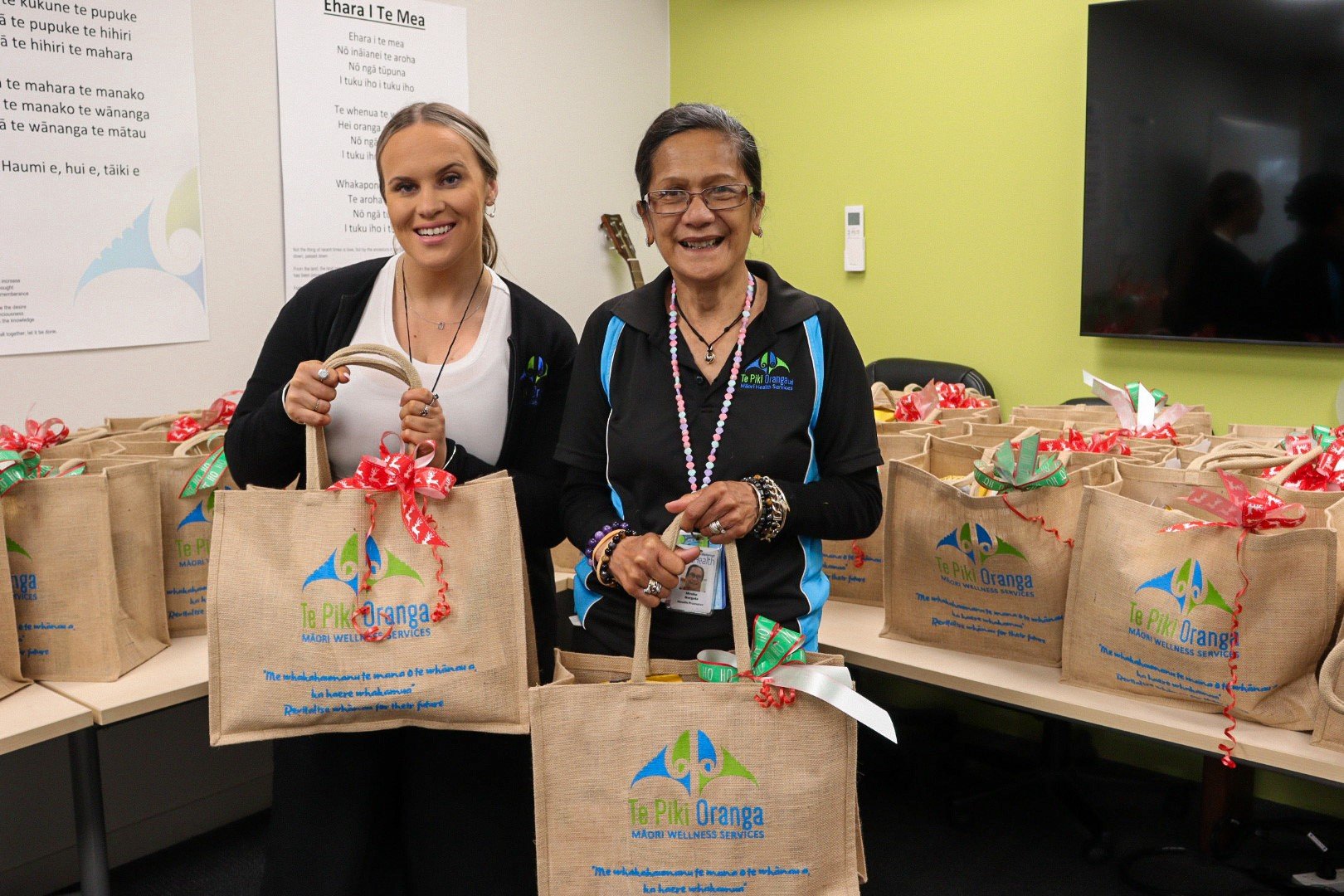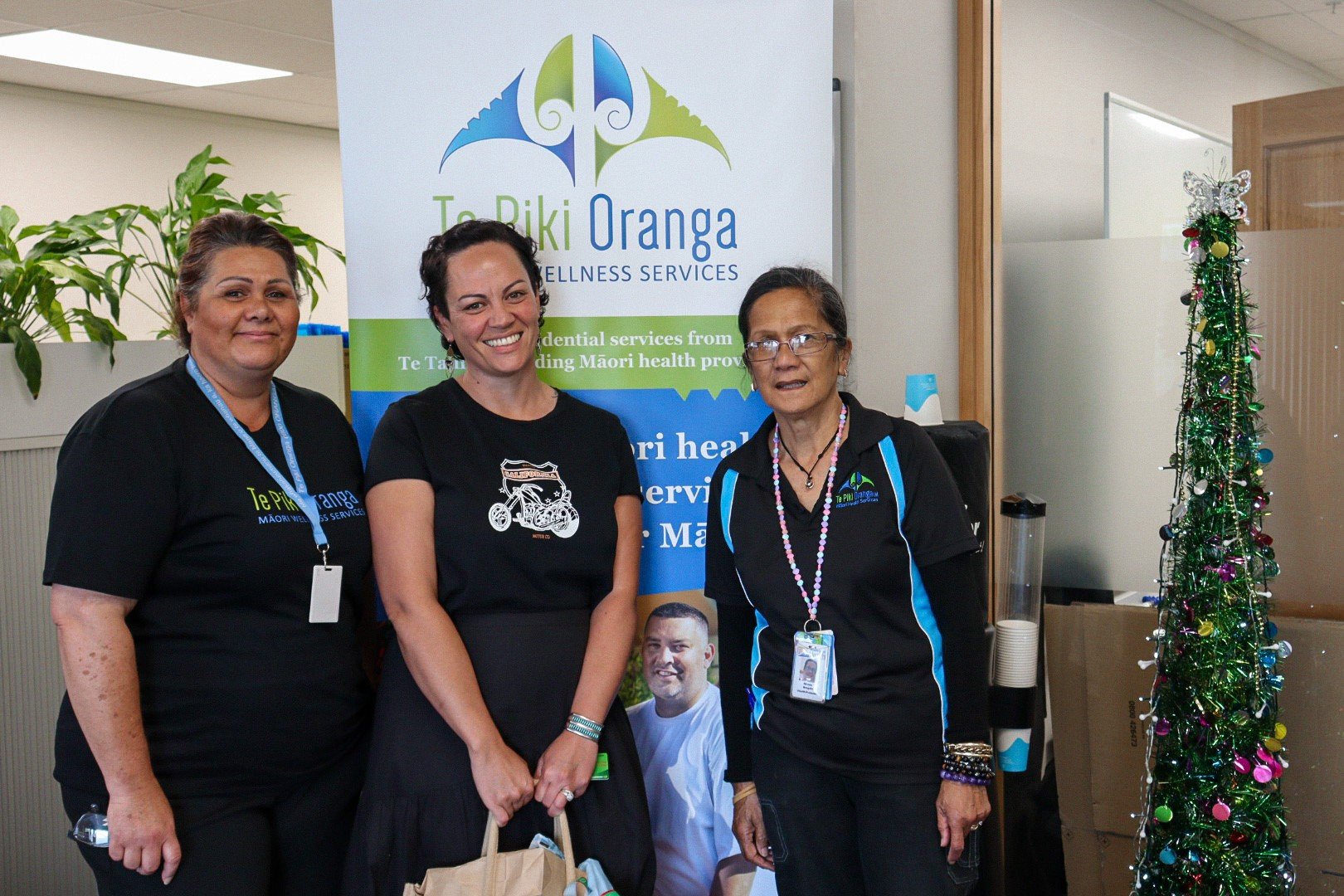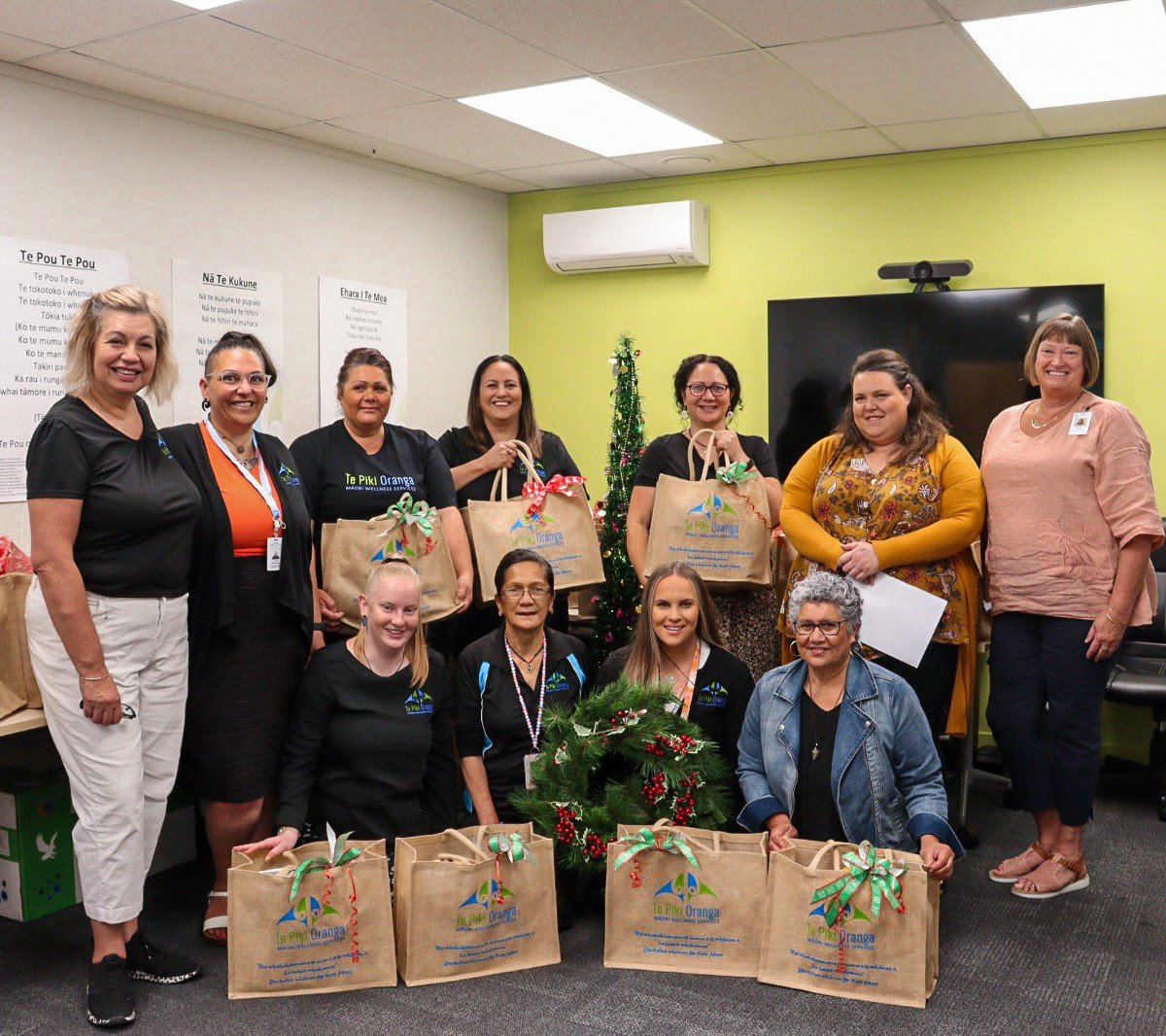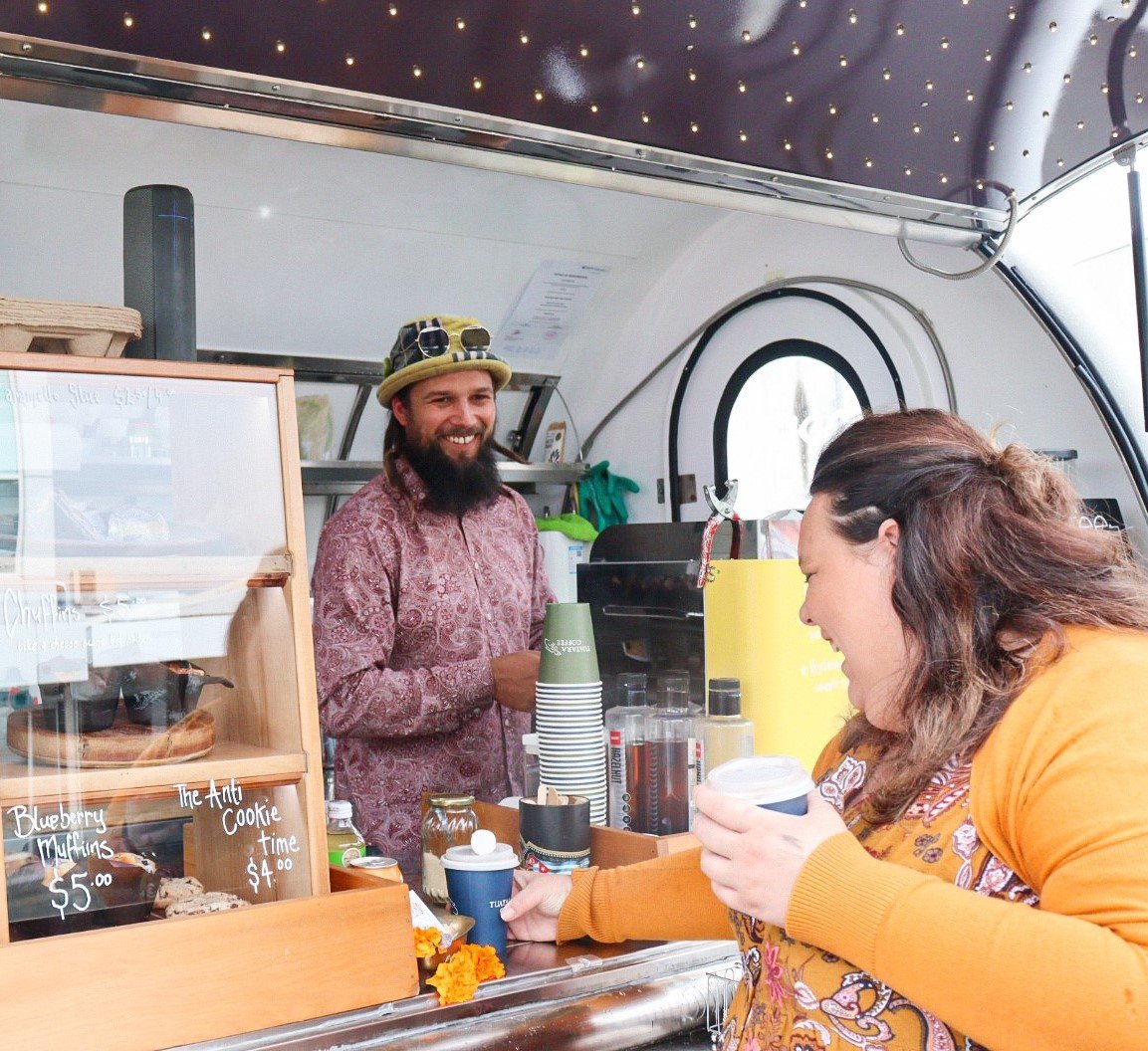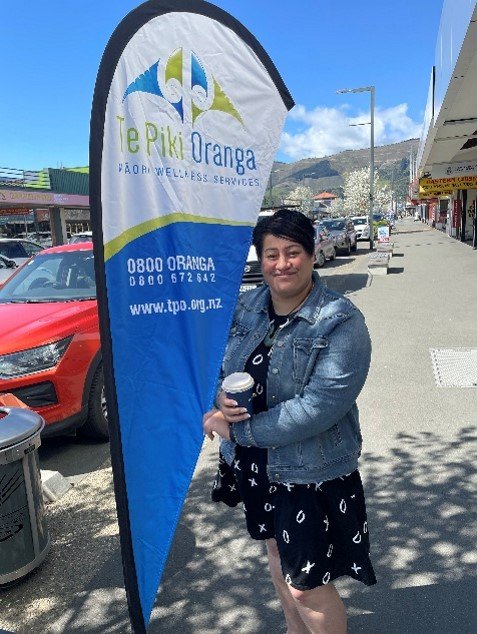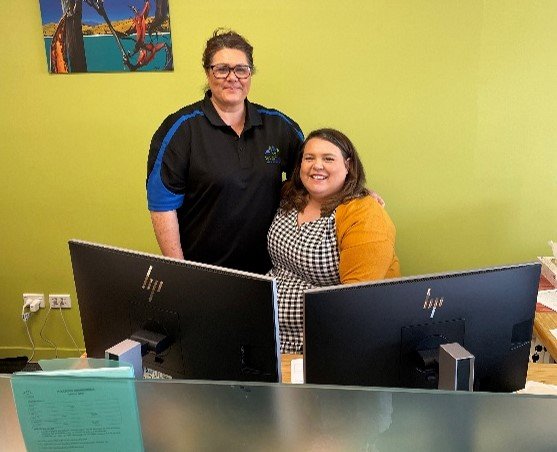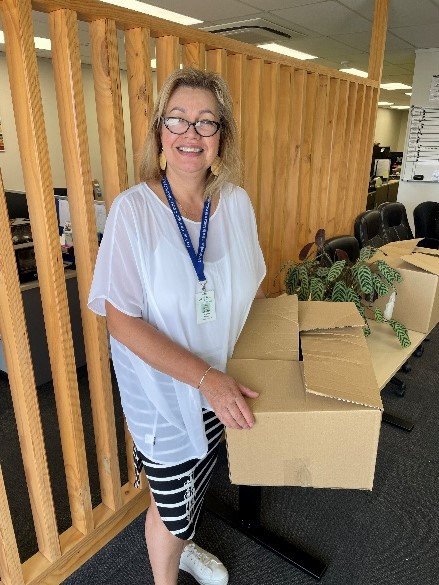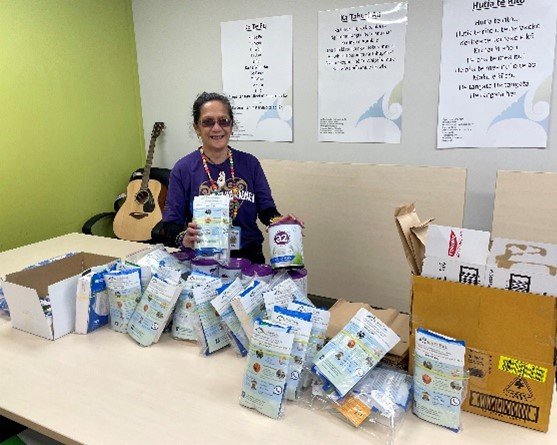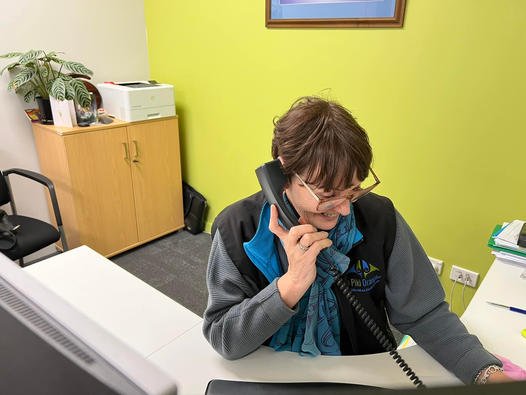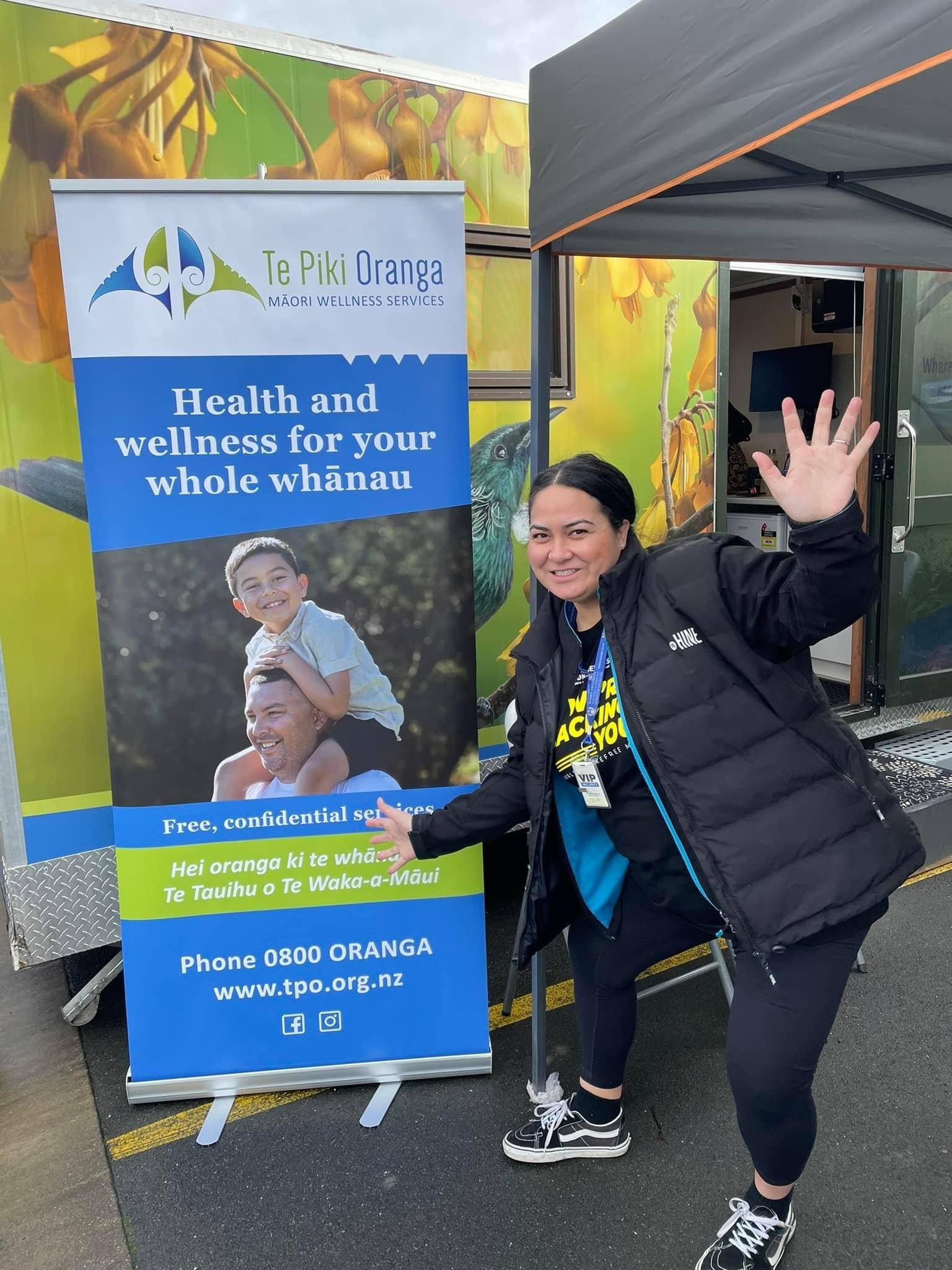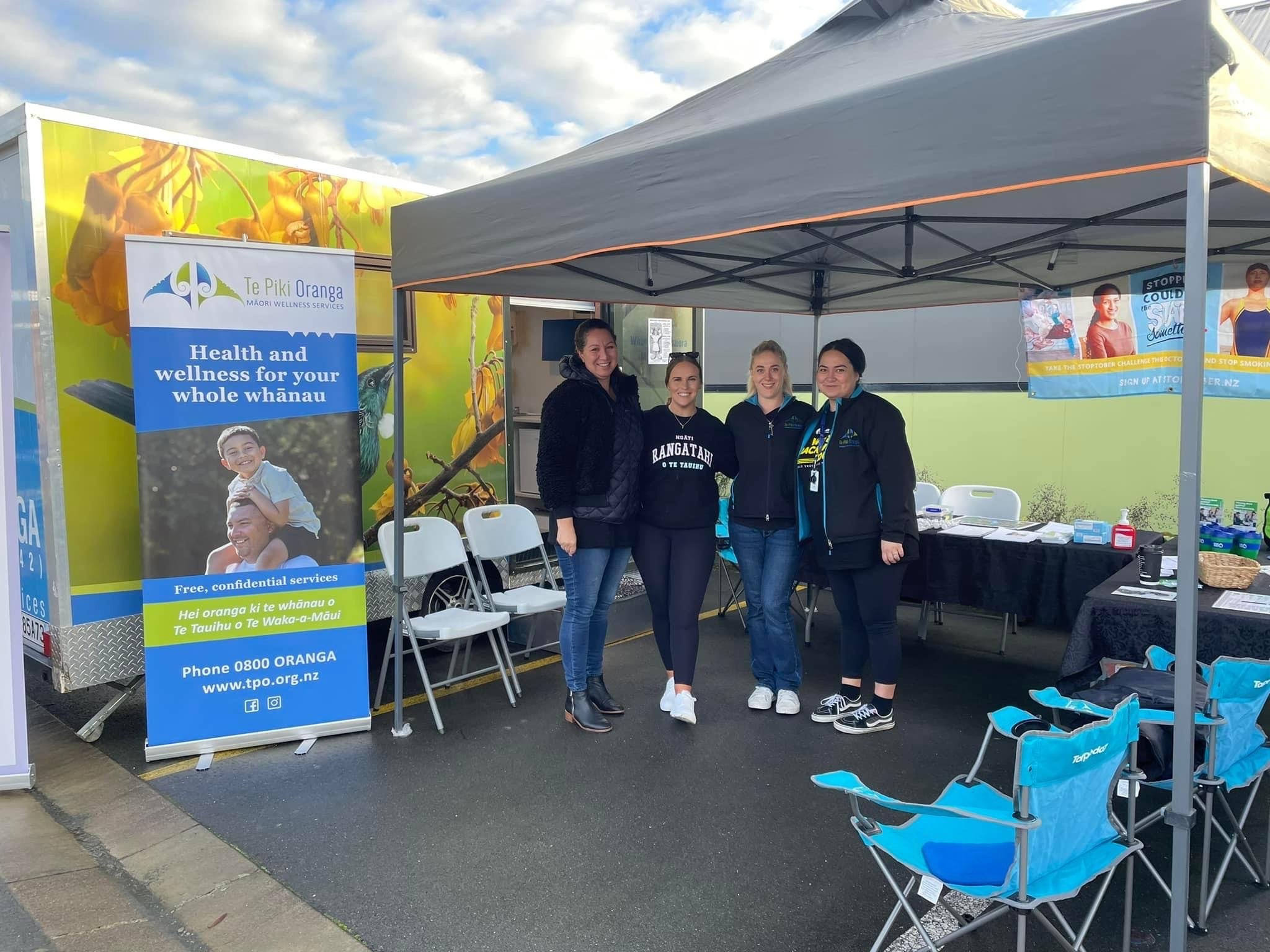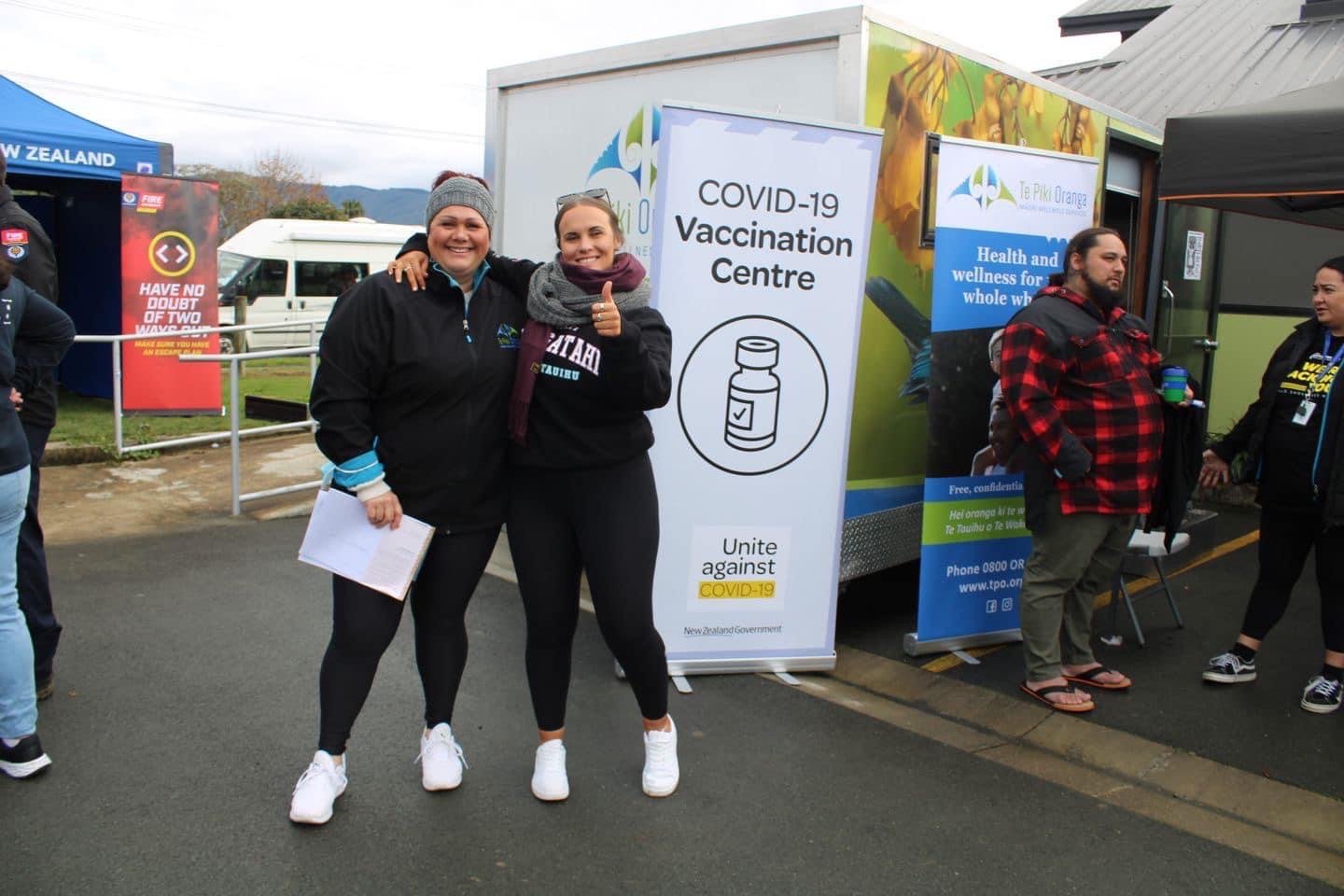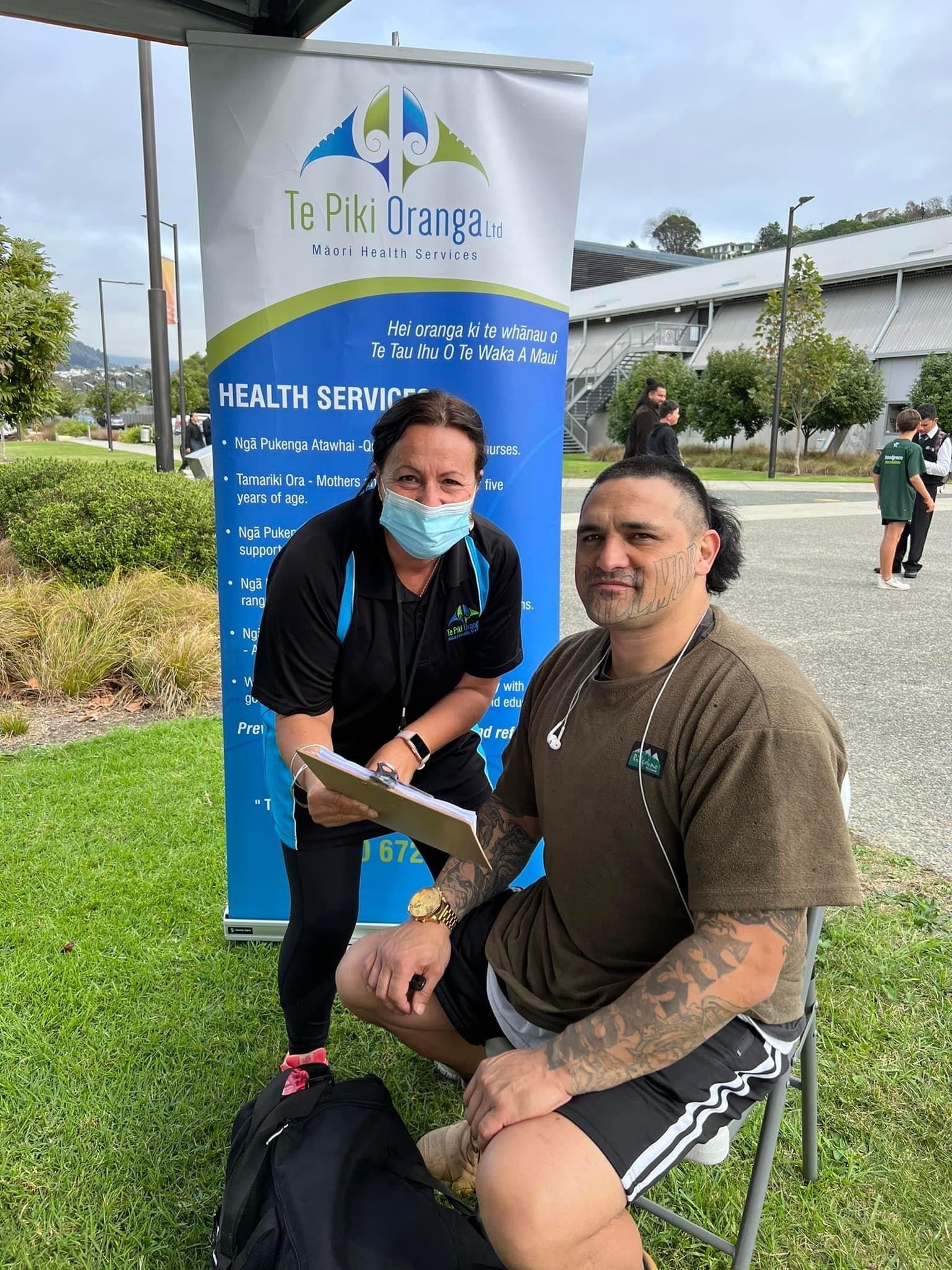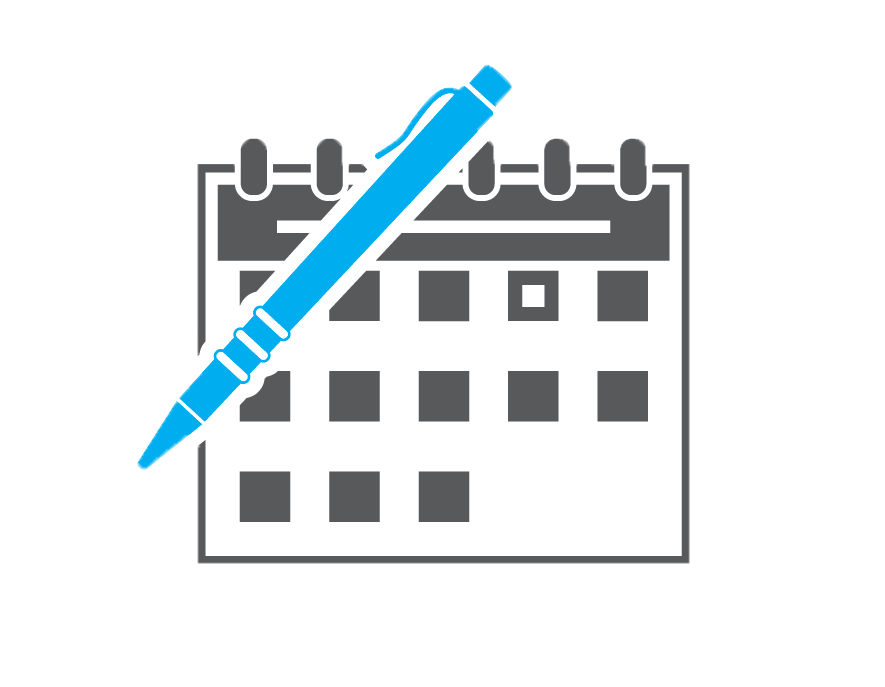By Cathleen Walker, Pūkenga Kaiwhakahaere Te Puāwai he Kākano
“Poipoia te kākano, kia puāwai
- Nurture the seed and it will blossom
”
This year, Te Piki Oranga was awarded a major new contract to provide maternity and early years services. Te Puāwai he Kākano is currently available to whānau in Whakatū / Nelson, described here by Cathleen Walker:
Te Puāwai he Kākano was created by integrating existing services and weaving through a new model of care where we engage with whānau throughout their journey into parenthood and for their child’s first 2,000 days.
Critically, our service is grounded in Te Ao Māori. Our multi-disciplinary teams offer culturally responsive care – from preconception to conception, from antenatal to postnatal support. By building relationships with midwives and lead maternity carers (LMCs), we can enrol whānau, and start to support them, early in their pregnancy. We offer:
Wānanga Hapūtanga
Tamariki Ora Well Child services Lactation consultancy
In-home immunisation
Te Hā Aukati Kaipaipa (smokefree support)
Social work and pūkenga manaaki navigation
Gestational diabetes services
Cathleen Walker
Wānanga Hapūtanga – kaupapa Māori antenatal classes
An exciting new option for expectant whānau, our wānanga provide māmā and pāpā or support partner with a blend of knowledge about contemporary and traditional Māori birthing practices.
Wānanga Hapūtanga are led by our antenatal educators, experienced midwives, nurses and whānau navigators.
We create a safe and intimate space for whānau to learn and explore the processes of birthing and parenting practice, with a focus on the early days.
Whānau get to meet the amazing kaimahi available to support their parenting journey, from hapūtanga until their tamariki is five years old.
We are fortunate to have a team of wonderful kairaranga who attend our wānanga to share their expertise and mātauranga by teaching whānau to create their own muka-aho tāngaengae, ties made from harakeke to tie off the umbilical cord of pēpi.
Elevating antenatal options for whānau Māori with wānanga for midwives and LMCs.
Through Te Puāwai he Kākano, Te Piki Oranga can also support the professional development of midwives and lead maternity carers (LMCs) in the Whakatū rohe.
Just as our Wānanga Hapūtanga are a safe and intimate space for whānau to learn and explore, our Wānanga Muka-aho Tāngaengae are a nurturing space for midwives and LMCs to learn the tradition of muka-aho tāngaengae (ties made from harakeke), and how to use them to tie off the umbilical cord between pēpi and māmā.
The first Tāngaengae Wānanga this year was a significant event – the first of its type for Whakatū.
As more whānau choose to make muka-aho tāngaengae part of their birth plans, the knowledge these wānanga provide midwives and LMCs means that these amazing healthcare professionals can then correctly awhi whānau to make it happen.







